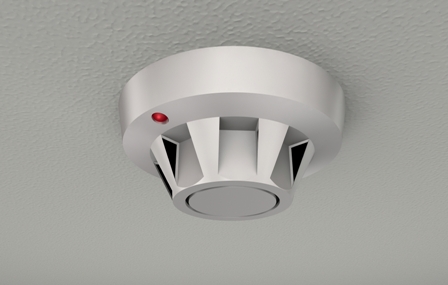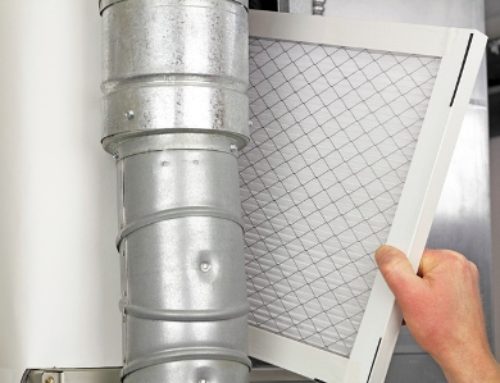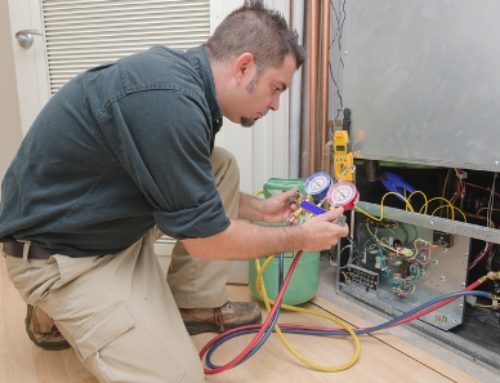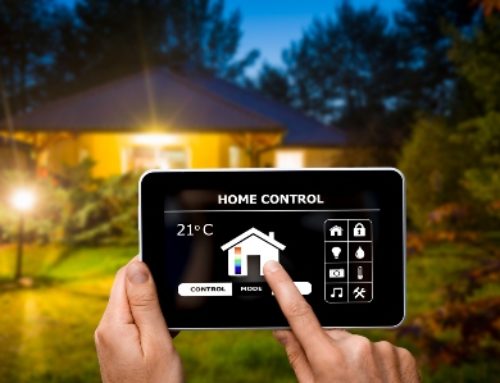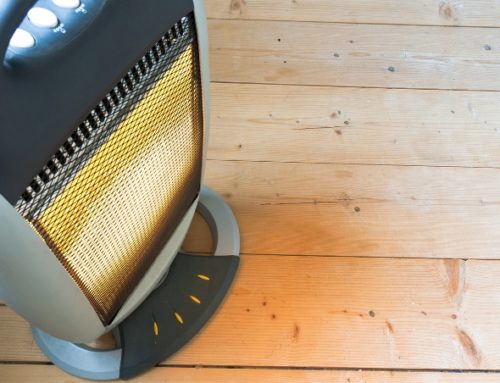Each year, thousands of Americans are hospitalized for carbon monoxide poisoning. Carbon monoxide (CO), is a colorless, odorless gas that results from burning certain fuels, such as wood and gas. It can even come out of your oven if you leave the door open while it’s running. When inhaled, it enters the bloodstream, replacing oxygen in the process. This results in damage to tissue, ultimately leading to brain damage, heart problems, and possibly death.
CO poisoning is characterized by headache, weakness, nausea, blurred vision, dizziness, confusion, shortness of breath, and passing out. It is vital to leave your home and seek medical help immediately if you experience any of these symptoms.
Possible Causes
Carbon monoxide becomes too concentrated in the air if fuel-burning items are not properly ventilated. Some apparatuses that can lead to CO poisoning include:
- Vehicle engines
- Portable heaters
- Water heaters
- Furnaces
- Stoves and ovens, including both gas and wood-burning stoves
- Grills
Even if they are properly ventilated, these can still contribute to CO poisoning if they are not properly maintained. For example, if one of the exhaust flues on your furnace is cracked or the pilot light is not functioning correctly, it can lead to CO leaks in your home.
Mitigating the Risk
CO can be deadly, but only if it is present and undetected in the home. It is possible to keep your family safe from CO poisoning with a few preventative measures. These include:
- Ventilation: Keep fuel-burning heaters and stoves well ventilated. Make sure exhaust pipes and flues are kept clear of debris and other blockage at all times. When starting your vehicle in a garage, open the garage door first to let out the exhaust.
- Use CO detectors: Carbon monoxide detectors will sense what the human nose cannot, and can be vital in protecting your family from CO poisoning. It is recommended that you have one installed near each sleeping area.
- Follow instructions: Make sure that you use space heaters, ranges, ovens, and other items exactly as intended. When in doubt (and even when not in doubt), read the instructions. Keep these appliances under close supervision, and never use any unit in a way it was not intended.
- Use only tested equipment: Anything that uses gas, and especially space heaters, should have been tested for quality. If there is no label indicating that the item has been properly tested, then do not buy it.
- Proper maintenance: Keep heating equipment properly maintained. This can easily be done with routine maintenance visits from trained HVAC technicians, such as those at Climate Tech Air Conditioning and Heating. It is recommended to get this checkup done before turning on your heater for the season. That way, any potential problems can be resolved before they pose a health risk.
Routine HVAC maintenance is key to keeping your home free of dangerous levels of CO. While most people can check some areas of a furnace, it requires specialized HVAC experience to be able to do a full diagnosis on a furnace or other heating unit. Climate Tech Air Conditioning and Heating provides experienced personnel to help keep your home comfortable and CO free this winter, so contact us today.



